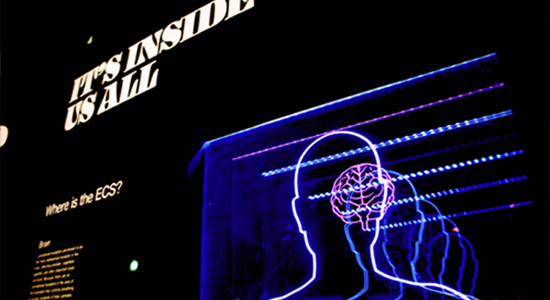The topic of unconscious bias is a popular one, particularly in the workplace as many colleagues have their own perception of the people around them.
Unconscious Bias
The definition of ‘unconscious bias’ is when a person unintentionally has a perception of another. This could lead to one person favouring another because with whom they share the same values. What further complicates the matter is that if an employee treats a person less favourably than another, the rejected employee may feel aggrieved about the situation. If the matter is not addressed correctly, the silent threat of a potential discrimination claim could be brought which may put the company at risk of a claim.
The Equality Act 2010
The Equality Act 2010 covers 9 protected characteristics, including age, disability, gender reassignment, marriage and civil partnership, pregnancy and maternity, race, religion or belief, gender (sex) and sexual orientation. It is unlawful to treat any such a person less favourably than another based on these characteristics.
An example of a successful employee claim is Base Childrenswear v Otshudi. In this case unconscious race discrimination was questioned.
Ms Otshudi was recruited as a photographer and she worked for the business less than 3 months. She was summonsed to her managers office one day and was told the role was redundant and that she should leave immediately.
Ms Otshudi was shocked about the termination and formally appealed it. She also raised a grievance about her treatment as she believed that the termination had to do with her race.
The employer decided not to address the grievance or the redundancy appeal so Ms Otshudi decided to take the matter further and to make an employment tribunal claim.
At tribunal, the employer first argued that Ms Otshudi’s termination was purely due to the company’s poor financial position. However later the employer changed their statement arguing that the termination was based on suspected theft. The employer did not have any evidence but used redundancy as a quick way to terminate her employment.
The court of appeal concluded that there was a form of unconscious race prejudice and unfair treatment of Ms Otshudi and she won her case.
This case highlights the significant risk of ‘unconscious bias,’ therefore training staff to understand the repercussions is vital. Training will highlight how our unconscious mind and prejudices come about without even realising it. It occurs from our own upbring, surroundings and what our brain tiggers as typical stereotypes. We can however control our biases and to avoid upsetting our colleagues, for example to take time to understand and process the situation first before jumping to a stereotypical conclusion.
The article is for general information purposes only and should you require any further assistance on the matter please do not hesitate to call our advice-line team on 01455 852028.




